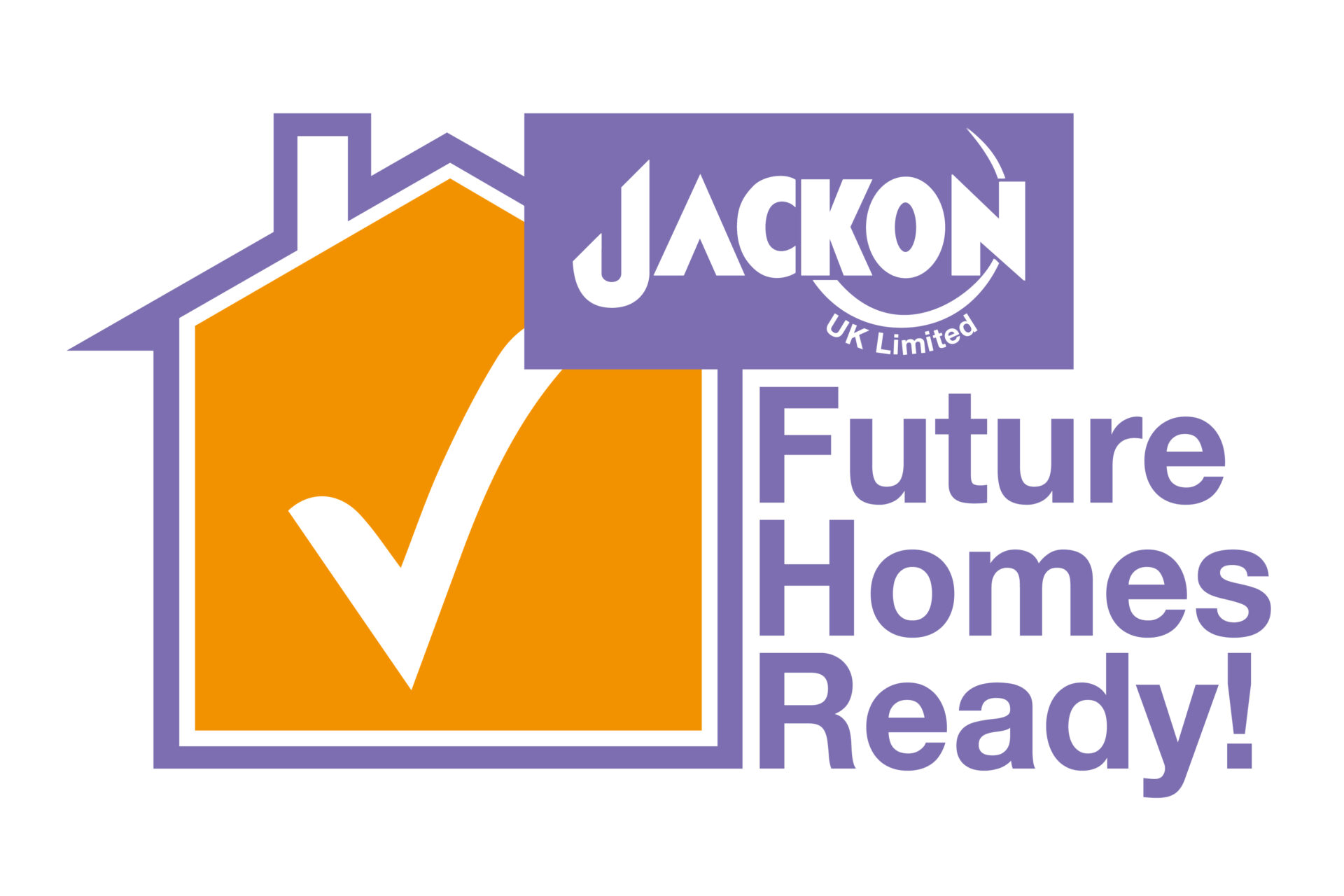The world of construction is constantly evolving, with a growing focus on sustainability, energy efficiency, and smart design. In this era of advanced building technologies, BEWI’s ICF (Insulated Concrete Form) building solutions are emerging as a pivotal tool for designing the homes of the future.
These innovative products offer a solution that combines superior insulation, structural strength, and environmental sustainability, making them an essential component in the construction of smart and sustainable homes.
In this article, we will explore how BEWI ICF materials are leading the way in modern construction.
Insulated Concrete Form (ICF) Technology
ICF technology is a construction method that employs interlocking insulated blocks or panels to form the structure of a building. BEWI ICF building materials are a significant player in this domain, offering exceptional insulation properties, ensuring that the interior of a building remains comfortable and energy efficient, irrespective of the external climate.
Superior Insulation
BEWI ICF materials are prized for their exceptional insulation capabilities. The combination of the insulation material and the concrete core helps maintain a stable indoor temperature, reducing the need for constant heating or cooling. This translates into lower energy consumption and cost savings for homeowners.
Structural Strength
In addition to their insulation properties, BEWI ICF building solutions are renowned for their structural strength. The reinforced concrete core ensures that homes constructed with these blocks are robust and durable. This not only provides a secure living environment but also prolongs the lifespan of the building.
Energy Efficiency
Sustainability is a significant concern in modern construction, and energy efficiency is a key aspect of this. BEWI ICF solutions excel in this regard by reducing energy consumption. Homes built with these products consume less energy for heating and cooling, reducing the carbon footprint and contributing to a greener future.
Noise Reduction
In addition to temperature control, BEWI ICF solutions also offer excellent sound insulation. This is a crucial factor in creating comfortable and peaceful living environments, making them ideal for smart homes that prioritise well-being and tranquillity.
Design Flexibility
Smart homes require thoughtful and adaptable design. BEWI ICF solutions offer design flexibility, allowing architects and builders to create homes that meet modern needs, including open spaces, large windows, and integrated technology.
Smart Home Integration
The homes of tomorrow are increasingly embracing smart technologies. BEWI ICF building materials provide a solid foundation for integrating smart systems into the building. Whether it’s for automated climate control, lighting, or security, BEWI’s building systems offer an excellent starting point for a smart home.
BEWI ICF materials are shaping the future of home construction by offering a sustainable, energy-efficient, and structurally sound solution. These materials are at the forefront of modern building practices, catering to the growing demand for homes that are not only environmentally responsible but also comfortable, efficient, and future-ready.
By incorporating BEWI ICF solutions into your construction projects, you are not only building homes for today but designing tomorrow’s homes with a commitment to smart, sustainable living.


